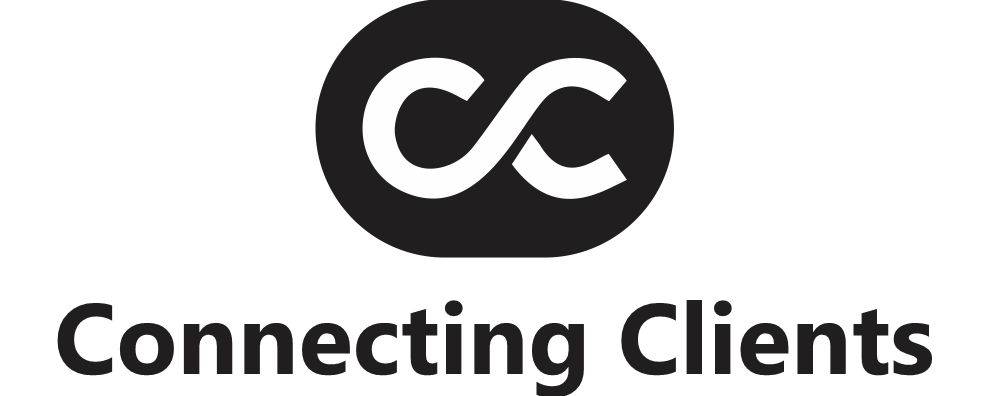How to Spot the Best CPA for Your Business Needs
Finding the right Certified Public Accountant (CPA) for your business can feel like a daunting task. You’re trusting someone with the financial heart of your business, and that’s not a decision to take lightly. But how do you know if a CPA is the right fit for your unique needs? Let’s break it down step by step and figure this out together.
Why Does Your Business Need a CPA?
First things first: why should you hire a CPA instead of handling finances yourself or relying on basic accounting software? CPAs bring a level of expertise that goes beyond what most business owners can manage on their own. They don’t just crunch numbers—they analyze them, offering insights that help you make smarter business decisions. Whether it’s tax planning, audits, or ensuring compliance with ever-changing regulations, a CPA acts as a trusted advisor.
If you’re a small business owner, a CPA can save you time and stress by taking over complex tasks, like preparing tax returns or creating financial forecasts. For larger businesses, they’re essential for strategic planning and navigating complicated tax laws. No matter your business size, a CPA provides a fresh perspective and peace of mind.
What Should You Look For in a CPA?
Not all CPAs are created equal. Some specialize in specific industries, while others excel in particular services. Here’s what to consider:
1. Relevant Experience
Think about your industry. Are you in manufacturing, retail, tech, or maybe a nonprofit? The best CPA in NY is one who knows your industry and will already understand the challenges and opportunities you face. For example, someone working with tech startups may focus on R&D tax credits, while a CPA for retail businesses might be well-versed in managing inventory accounting.
2. Credentials and Licensing
It’s important to verify their qualifications. A CPA license isn’t just a fancy title—it means they’ve passed rigorous exams and meet ongoing education requirements. You’ll also want to check their standing with your state’s board of accountancy to ensure there are no disciplinary actions or expired licenses.
3. Communication Style
Numbers aren’t everyone’s favorite thing, and the right CPA understands that. Are they approachable? Do they explain things in a way that makes sense to you? Clear communication is key to building a good working relationship. If you feel confused or talked down to during an initial consultation, that’s a red flag.
4. Availability
Do you need someone who can quickly answer questions, or are you okay with waiting a day or two for responses? A busy CPA might have excellent skills, but if they’re constantly unavailable when you need them, you may want to look elsewhere.
5. Technology and Tools
We live in a digital age, and your CPA should too. Do they use modern accounting software, cloud-based systems, or advanced tools that make processes efficient? Someone still stuck in old-school spreadsheets might not provide the level of service you’re looking for.
Questions to Ask During Your Search
Interviewing potential CPAs is like dating—you want to ask the right questions to see if there’s a match. Here are some to get you started:
- What services do you specialize in?
This will help you understand their focus and whether it aligns with your needs. - How do you stay updated on tax laws and industry changes?
You want someone who stays current in their field to ensure you’re getting accurate advice. - What’s your fee structure?
Whether they charge hourly, monthly, or by project, understanding their fees upfront avoids surprises later. - Can you provide references from similar businesses?
Hearing from others in your industry can give you confidence in their abilities. - What’s your preferred method of communication?
Some CPAs prefer email, others phone calls, and some might even use apps for quick updates. Make sure their style works for you.
Red Flags to Avoid
While you’re looking for the best CPA, keep an eye out for warning signs:
- Guaranteed Results – If a CPA promises they can get you a specific refund or result without knowing your financial details, that’s a bad sign.
- Lack of Transparency – If they dodge questions about fees or processes, it’s time to move on.
- No References – A reputable CPA should have no problem connecting you with satisfied clients.
- Poor Reviews – Check online reviews or ask your network for recommendations. Consistent negative feedback is worth considering.
How to Make Your Final Choice
Once you’ve narrowed it down, trust your instincts. You should feel comfortable discussing your finances with this person—they’re going to be your financial partner, after all.
Here’s a quick process to finalize your choice:
- Compare their qualifications and experience.
- Review your notes from interviews.
- Double-check their licensing and online reviews.
- Evaluate how well they communicated with you.
Long-Term Benefits of the Right CPA
When you choose the right CPA, the benefits are long-lasting. They don’t just handle your taxes or bookkeeping; they become an integral part of your business strategy. By understanding your financial goals and challenges, a great CPA helps you make informed decisions, maximize tax savings, and avoid costly mistakes. They’ll grow with your business, offering solutions that evolve as you expand.
Think about what your business could achieve with the right financial guidance. A CPA isn’t just an expense—they’re an investment in your success.
Start Your Search Today
The best CPA for your business is out there, and finding them is worth the effort. Whether you’re just starting out or running a thriving enterprise, the right accountant can make all the difference in how your business grows and thrives. Don’t rush the process—take the time to do your research and ask the right questions. Once you’ve found a CPA who understands your needs and goals, you’ll wonder how you ever managed without them.







